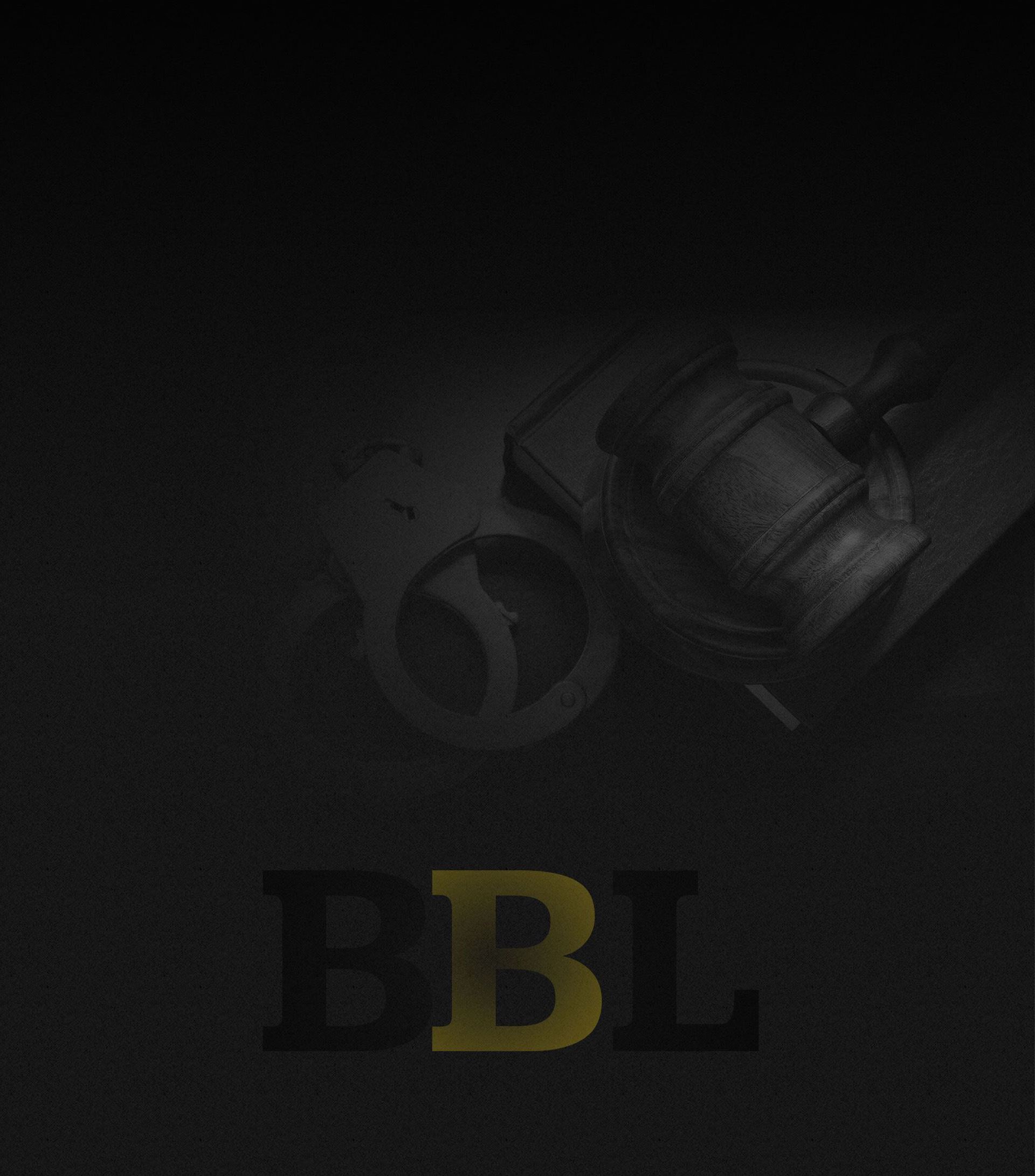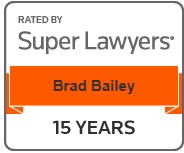
Boston's Go-To Criminal Defense Law Firm
Boston OUI Attorney
Call a Boston Criminal Defense Attorney
If you are you are charged with operating a motor vehicle in violation of chapter 90, section 24, of our General Laws. You may have violated the statute in two different ways:
- Operating a motor vehicle while under the influence of intoxicating liquor.
- Operating a motor vehicle while having a blood alcohol level of .08 percent or greater.
In order to prove a defendant guilty of this offense, the Commonwealth must prove that a defendant violated the statute in at least one of those two ways.
Specifically, the Commonwealth must prove three things beyond a reasonable doubt:
- That a defendant operated a motor vehicle.
- That a defendant did so on a public way.
- That while operating the vehicle, the operator was under the influence.
What does it mean to be “under the influence” of alcohol?
Someone does not have to be drunk to be under the influence of alcohol. A person is under the influence of alcohol if they have consumed enough alcohol to reduce their ability to operate a motor vehicle safely, by decreasing his their alertness, judgment and ability to respond promptly. It means that a person has consumed enough alcohol to reduce their mental clarity, self-control and reflexes, and thereby left themselves with a reduced ability to drive safely.
The Commonwealth is not required to show that a defendant actually drove in an unsafe or erratic manner, but it is required to prove that their ability to drive safely was diminished by alcohol. The amount of alcohol necessary to do this may vary from person to person. A jury can consider any believable evidence about a defendant’s alleged consumption of alcohol, as well as a defendant’s appearance, condition and behavior at the time.
Instead of proving that a defendant was “under the influence” of alcohol, the Commonwealth may seek to prove that a defendant is guilty of this offense by showing beyond a reasonable doubt that at the time of operation, a defendant had a blood alcohol level of .08 percent or greater by weight. The use of a defendant’s breath or blood test will differ depending upon whether the jury is considering evidence that they operated a motor vehicle with a blood alcohol level of .08 percent or greater, or operated while under the influence of alcohol. In deciding whether the Commonwealth has proved that a defendant had a blood alcohol level of .08 percent or greater, at the time of operating the vehicle, a jury may consider evidence of a breath or blood test of .08 or greater.
In deciding whether the Commonwealth has proved that a defendant was under the influence of alcohol at the time of operating the vehicle, a jury may consider whether a breath or blood test showed that a defendant had consumed any alcohol. However, evidence of a positive breath or blood test is not sufficient by itself to prove that a defendant was under the influence of alcohol.
Contact Brad Bailey Law Today
If you have been charged with operating under the influence or would like to discuss a legal matter involving operating under the influence please let our Boston defense attorney know as soon as possible. It’s extremely important to have defense counsel by your side as early as possible in this process.
Brad Bailey Law can be reached immediately by filling out this form.

The Right Choice for Your Case
-
"We cannot recommend Brad Bailey more highly to anyone facing criminal charges in any court at any level."Anonymous
-
"Brad Bailey is one of the best attorneys I've had. He's easy to talk to and listens. Gives great advice and is ready to do work hard for a positive outcome."Krysten O'Donnell
-
"This is one smart and hard-working attorney. He is attentive and he was ready to fight any angle the prosecutors could come up with. His experience in the legal forum is significant and it shows."Canda Share
Free Consultation
See How Our Award-Winning Attorney Can Fight for YouOnly Hire an Attorney Who Gets Results
-
Murder 1, Jury Trial
Not Guilty
Not guilty verdict after jury trial for client charged with murder.
- Aggravated (Gang) Rape, Jury trial Not Guilty
- Aggravated Rape of Child, forcible Rape of Child, Indecent A & B (Jury Trial) Not Guilty
- Forcible Rape, Jury Trial Not Guilty
- Arson Occupied Dwelling, Bomb Incendiary Device Federal Jury Trial Not Guilty
-
Perjury, Obstructing Justice, Federal Jury Trial
Not Guilty
Not Guilty: Perjury & Obstruction – Federal Jury Trial Victory.
- Obstructing Official Proceeding, Destruction of Records (Public Official) Federal Jury Trial Not Guilty
- Forcible Rape of Child, Jury Trial Not Guilty
- Forcible Rape, REVERSED ON APPEAL Dismissed
- Murder 1 Motion for New Trial GRANTED (after hearing) Verdict Reversed
- Trafficking in Cocaine, Jury Trial Not Guilty
- Conspiracy to Commit International Money Laundering, Defraud the USA, and Health Care Fraud (Federal Jury Trial) Not Guilty Verdicts
- Racketeering (RICO), REVERSED ON APPEAL (1st Cir) Dismissed
- Aggravated Rape of Child, Rape of Child, Disseminating Harmful Material, Jury Trial Not Guilty Verdicts
- Murder 1 [Adjutant Defense] Manslaughter Result
- Murder 1 (Jury Trial) Hung Jury
- Conflict of interest/ False Pretense Fraud (Jury Trial) Hung Jury / Dismissed
- Aggravated Felonious Sexal Assault (NH), Motion for new trial GRANTED (after hearing) INDICTMENTS DISMISSED
- Aggravated Rape of Child, rape of Child, indecent A & B ( Teacher), Jury Trial MISTRIAL; HUNG JURY
-
Forcible Rape, (Jury Trial)
Not Guilty
Not guilty verdict after jury trial for client charged with rape.
- Murder 1 [Insanity Defense] Charges Reduced
- Aggravated Rape of Child (age-gap) And Child Rape, Jury Trial Hung Jury/Mistrial Declared
- Possession of Child Pornography [Felony] MOTION TO SUPPRESS GRANTED - Bristol Co. Charges and Case dismissed
- Armed Carjacking, Carrying Dangerous Weapon Indictments Dismissed
- Aggravated Rape of Child, Rape of Child, Indecent A & B INDICTMENTS DISMISSED ( PRETRIAL)
-
Aggravated Rape of Child, Forcible Rape of Child (Jury Trial)
Hung Jury / Indictments Dismissed
Indictment Dismissed
- Aggravated Rape of Child, rape of Child, indecent A & B ( Teacher), Jury Trial MISTRIAL; 2d HUNG JURY
- Possession Child Pornography (Felony) Motion to Suppress- Essex Co. GRANTED (after hearing)
-
Irish Firefighter Charged With Rape After Jury Deadlocks
Mistrial
Commonwealth v. Terence Crosbie
-
Impressive Results Across the Nation
-
Team Approach to Handling Your Case
-
Experience as a Former Prosecutor
-
One of The Nation's Top Firms














[1].2210101253391.png)
[1].2210101243217.png)














.2303241403550.png)


